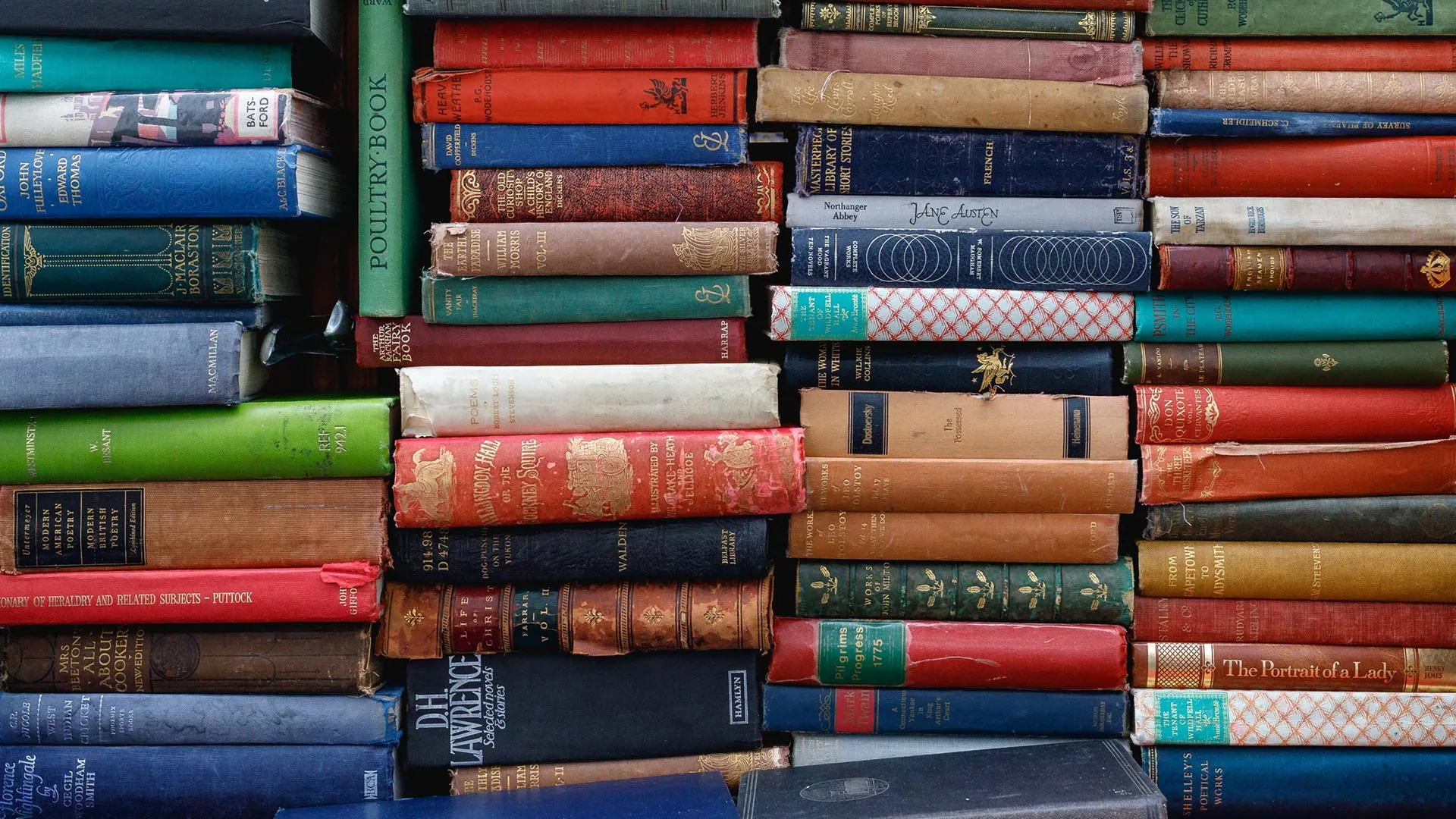Masterpieces of Chikamatsu. The Japanese Shakespeare. Transl. by A. Miyamori. Rev. by Robert Nichols. With 74 Illustrations.
Masterpieces of Chikamatsu. The Japanese Shakespeare. Transl. by A. Miyamori. Rev. by Robert Nichols. With 74 Illustrations. | Livres anciens et modernes | Chikamatsu

Masterpieces of Chikamatsu. The Japanese Shakespeare. Transl. by A. Miyamori. Rev. by Robert Nichols. With 74 Illustrations.
Masterpieces of Chikamatsu. The Japanese Shakespeare. Transl. by A. Miyamori. Rev. by Robert Nichols. With 74 Illustrations. | Livres anciens et modernes | Chikamatsu
Mode de Paiement
- PayPal
- Carte bancaire
- Virement bancaire
- Pubblica amministrazione
- Carta del Docente
Détails
- Auteur
- Chikamatsu
- Éditeurs
- London, Kegan Paul, Trench, Trubner + Co. / NY, E. P. Dutton,, 1926.
- Format
- The Yamato Society Tokyo. XIV; 359 S.; Illustrationen auf Tafelseiten; 24 cm. Goldgepr. Originalleinenband.
- Thème
- Japan, Belletristik, Theater, Puppentheater, Literaturgeschichte, Drama
- Jaquette
- False
- Langues
- Allemand
- Dédicacée
- False
- Premiére Edition
- False
Description
Gutes Exemplar; Einband stw. berieben; einige Seiten u. Schnitt gering fleckig; geringf�gige Gebrauchsspuren. - Englisch. - Chikamatsu Monzaemon (urspr�nglich: Sugimori Nobumori; * 1653; � 6. Januar 1725 in Osaka) war ein japanischer Dramatiker. Er schrieb �ber 150 St�cke, darunter Werke f�r das Kabuki, das traditionelle b�rgerliche Theater Japans und f�r das Marionettenspiel Joruri. Sein bekanntestes St�ck wurde das Melodram Kokusenya-kassen (zu deutsch: Der Kampf des Kokusenya), das 1715 uraufgef�hrt wurde. Chikamatsu war der Sohn eines Samurai. Er war der erste Schriftsteller, der f�r das Puppentheater St�cke schrieb, die vom Puppenspieler mehr verlangten als blo� mechanische F�gkeiten. Seine Werke gelten als die ersten literarischen Werke f�r Puppentheater in Japan. �erhaupt wird er bis heute als einer der bedeutendsten Dramatiker seines Landes angesehen. � (wiki) // � Chikamatsu Monzaemon, known as " The Japanese Shakespeare". All episodical details are omitted from The Tethered Steed, and passages consisting of "words, words, words," have been very much condensed, so that the play as it is now offered to the reader is less than half the length of the original. With regard to the other plays, the translation has been invariably made with such con-scientious fidelity as is consistent with clarity. It must be borne in mind, however, that certain narrative elements and, in particular, the michiyuki or " songs of travel", which abound in classical quotations, similes, metaphors and above all in the most exquisite word-play, offer almost insuperable obstacles even to the hand of a master - translator. Where such difficulties are encountered any attempt at literal translation is of necessity abandoned and I have endeavoured to convey the general sense in my own phraseology. This unavoidable paraphrasing is the more unfortunate in that half the special significance and grace of Chikamatsu is to be found in these very passages, written in excellent verse and displaying to the fullest advantage the beauty and music of the Japanese tongue. . (Vorwort) // INHALT : . Mr Utaemon as Hanako, the heroine of a kabuki play -- A scene from The One Thousand Cherry-Trees -- A scene from The Famous Hagi-Tree at Sendai -- A scene from O-Shichi, The Greengrocer's Daughter -- A scene from The Battle of Dan-no- Ura, a puppet play -- A scene from The Gorgeously Coloured Fan of the Girl, a puppet play -- A scene from The Exploits of Taiko -- A scene from The Old Colour Prints at Kagamiyama -- A puppet performance in olden days-Behind the scenes -- A puppet performance in olden days-Behind the scenes -- Behind the puppet stage-Mr Yuki's puppets -- The Famous Hagi-Tree at Sendai, produced at the Bunraku-za -- The Eight Camps, a puppet play, produced at the Bunrakuza -- The Story of Two Butterflies, produced at the Bunraku-za A scene from The Forty-seven Bonins -- A scene from The Almanac of Love From a colour print by Toyokuni -- A scene from The Almanac of Love From a colour print by Kuniyasu -- A scene from Sugawara's Secrets of Calligraphy A scene from Yasaku's Suicide with a Sickle Fishmonger Gorobei From a picture by Sharaku -- A scene from The Soga Brothers' Bows Bent to the Full From a colour print by Kunisada -- Two scenes from The Treasury of the Loyal Retainers From a colour print by Toyokuni -- (u.v.a.)

